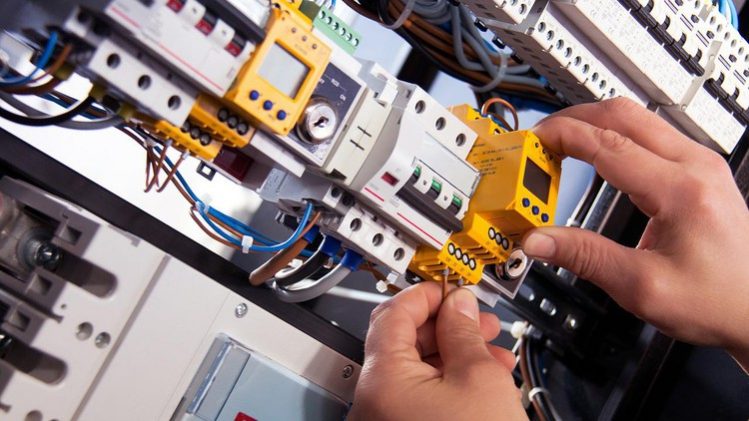
Semi conductor physics for learning Electronics
Semi conductor devices or Electronic devices or Components
Rectifiers and Filters
Transistor characteristics (Common base,emitter,collector configurations practical way
Learn Semiconductors to entire Analog Electronics from the scratch grow from zero to Hero without further due
In this course you may learn the electronics concepts from scratch like
Section 1:
Semiconductor physics for learning Electronics which includes the review of semiconductor i.e. what is matter and atomic model of silicon , P and N types of semiconductors, Mass Action law for finding the concentration of electrons or holes in a given material.
Continuity equation tells us the recombination process and generation of electrons or holes Hall effect also you can learn for finding the mobility, conductivity hall voltage etc., · then we go through the energy band diagrams for semi conductors and fermi level expressions for intrinsic and extrinsic discussed elaborately.
Section 2:
Semi conductor devices or Electronic devices or Components deals about the open circuited PN junction,
PN junction energy band diagrams PN junction diode characteristics of both forward and reverse bias. Next we discuss about the current components of a PN junction diode. Diode current equation solved with ease and also you can learn how the temperature and voltage variation on VI characteristics .Diffusion and Drift current as well as the Zener diode characteristics and the Zener diode as a regulator also discussed .
Section 3:
Rectifiers and Filter circuits
In this section you may learn the how the power supplies made explain with block diagram of rectifier and filter as well as also discussed the basic rectifier setup and half wave and full wave along with bridge rectifier circuits. In addition to that we can derive the ripple, Idc, I ac parameters, TUF (Transformer utilization factor) and also discussed the various filter circuits like RC and Inductor filter along with the derivations of ripple ,IDC, I ac etc.,
Section 4:
Transistor characteristics: In this section you may learn what is transistor and types of transistors and the different configurations of transistors like common base and common collector, common emitter of both input and out characteristics and input impedance and output impedance current gain, voltage gain etc.
Intended learning outcome of the course:-
- So to understand the core electronics field ,how the basic electronic components behave and operate for various purposes like switches , you should be very much well acquainted with the part of the semiconductor.
- For those who want to perceive their future in the VLSI domain, this course is purely meant for them.
- And there are many more advantages which I’m not revealing here, you yourself will get to know what knowledge you have acquired after completing this course.



